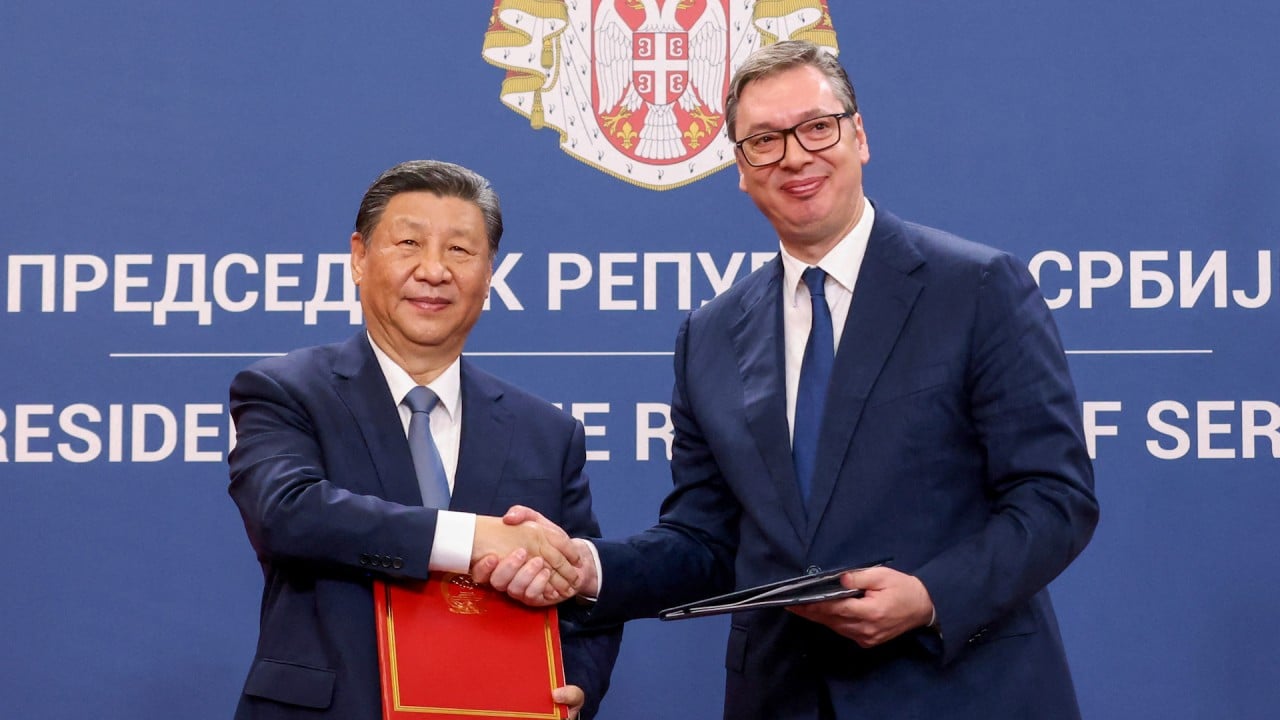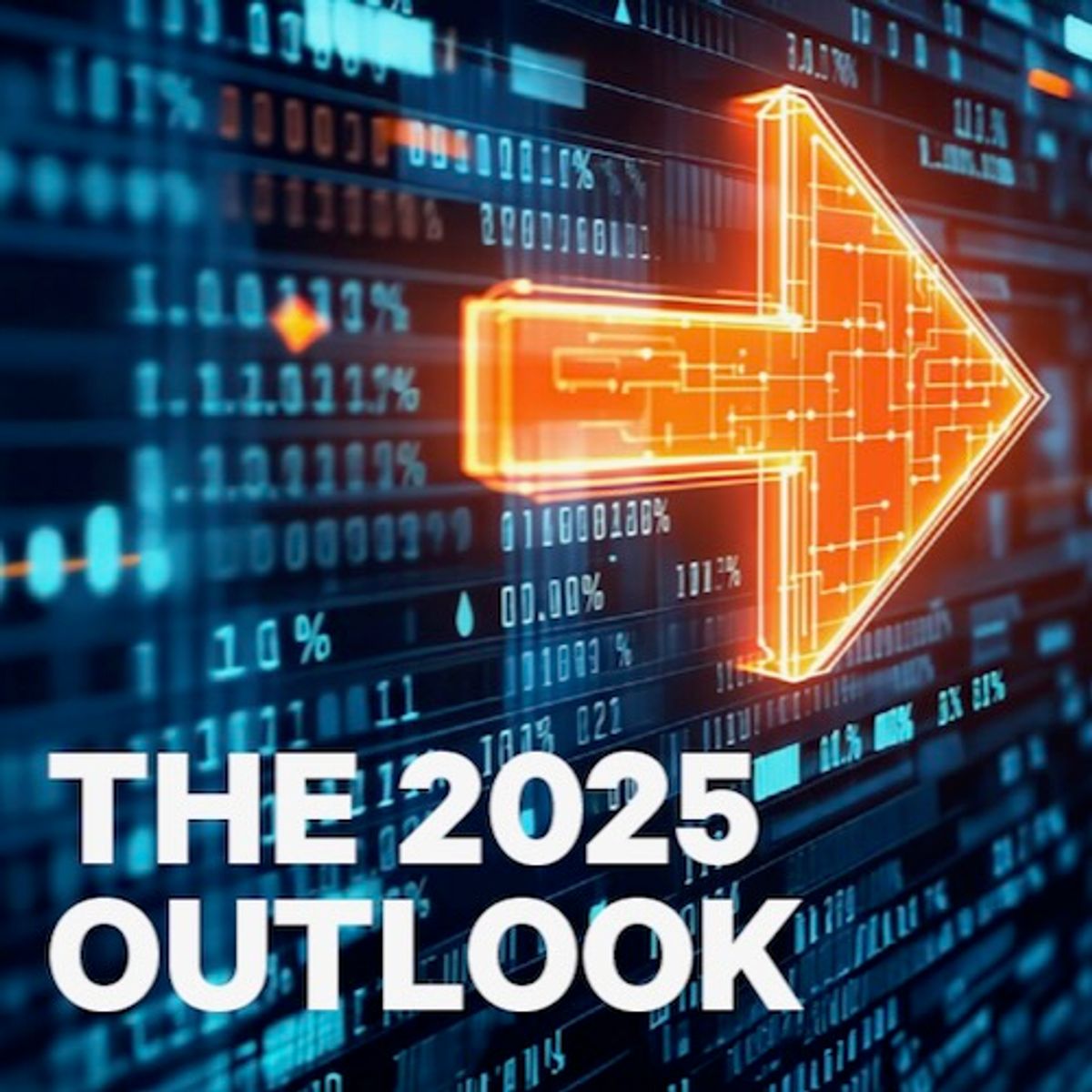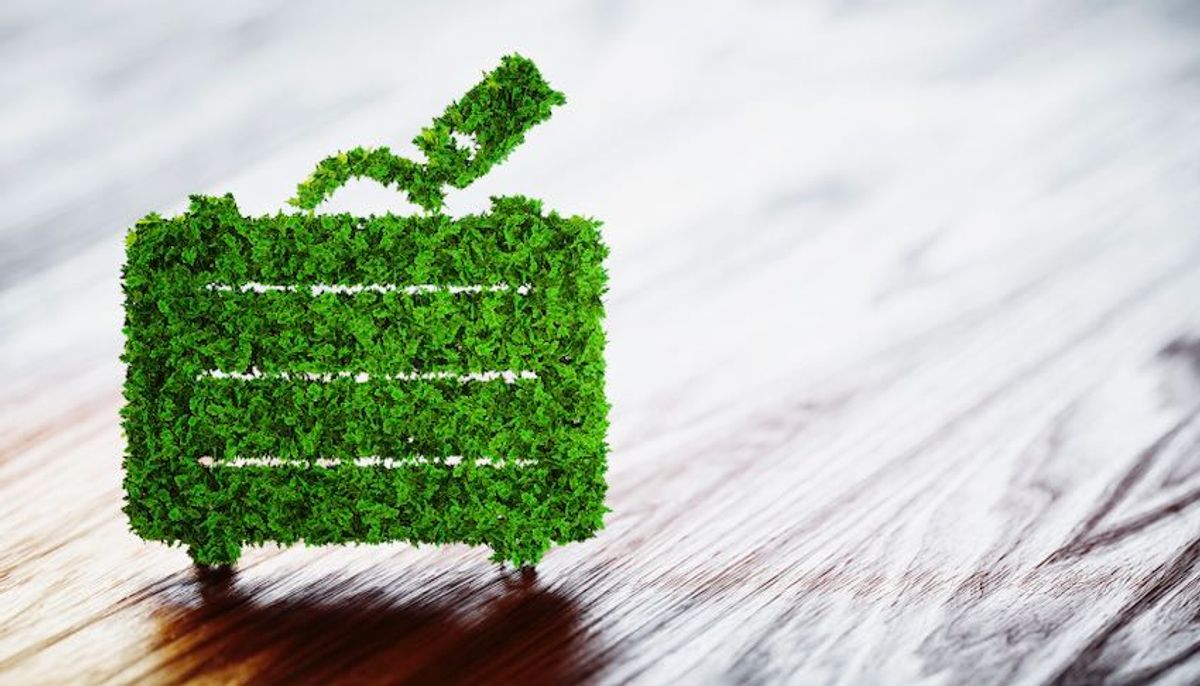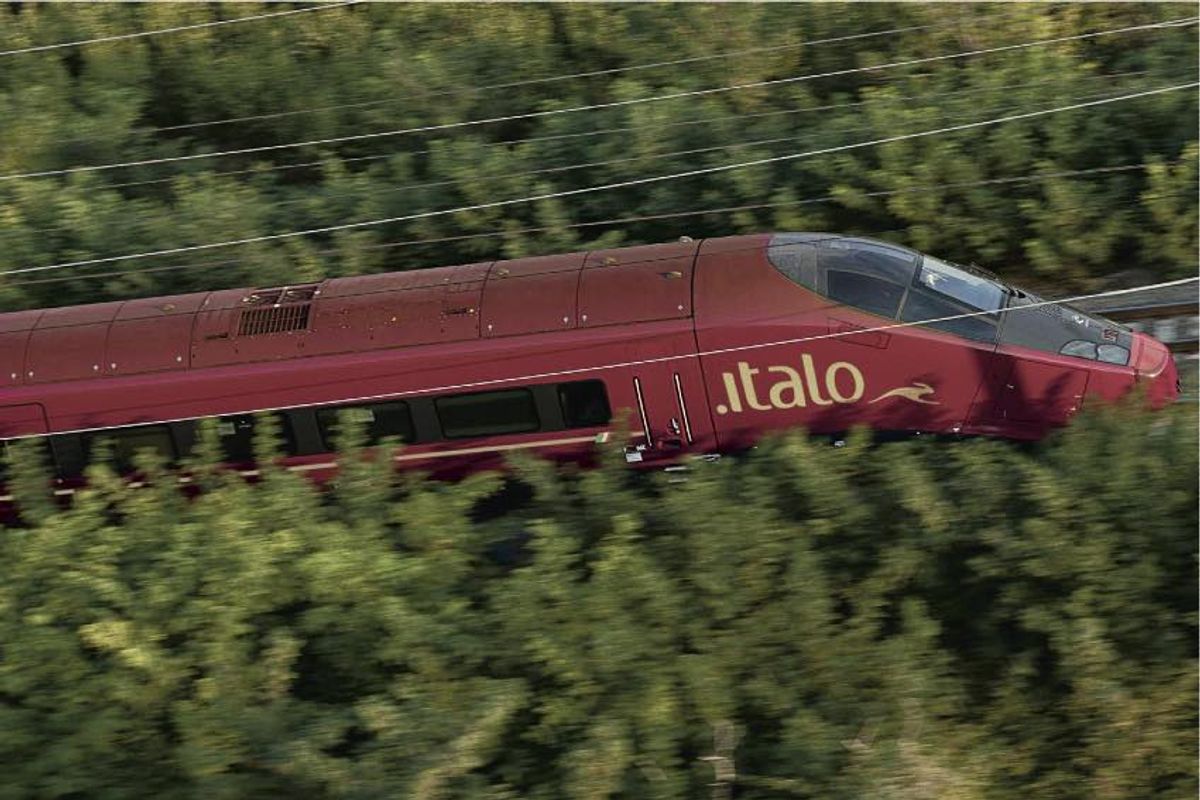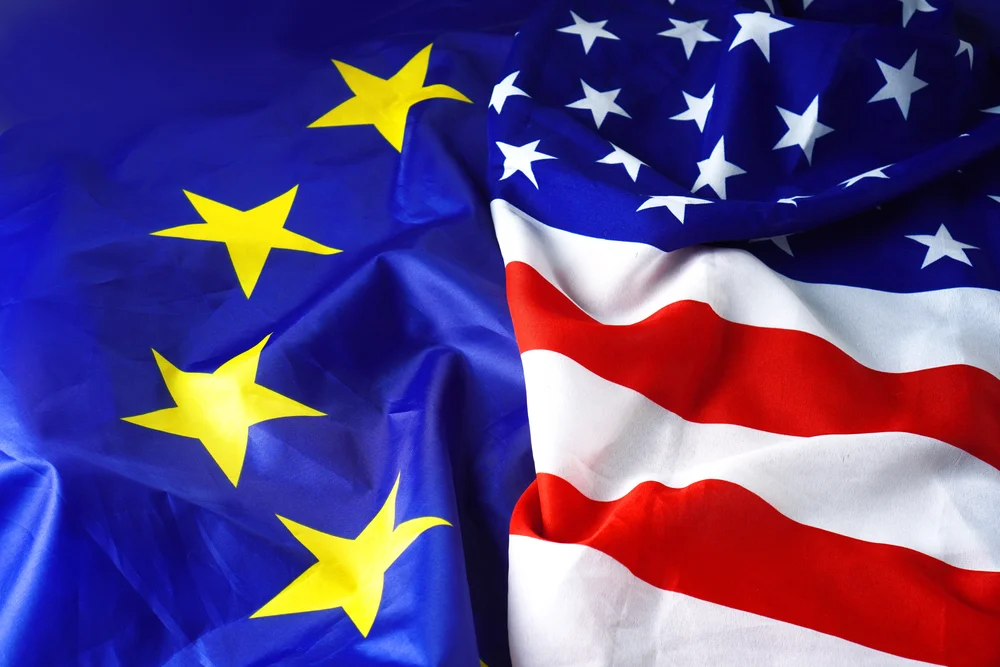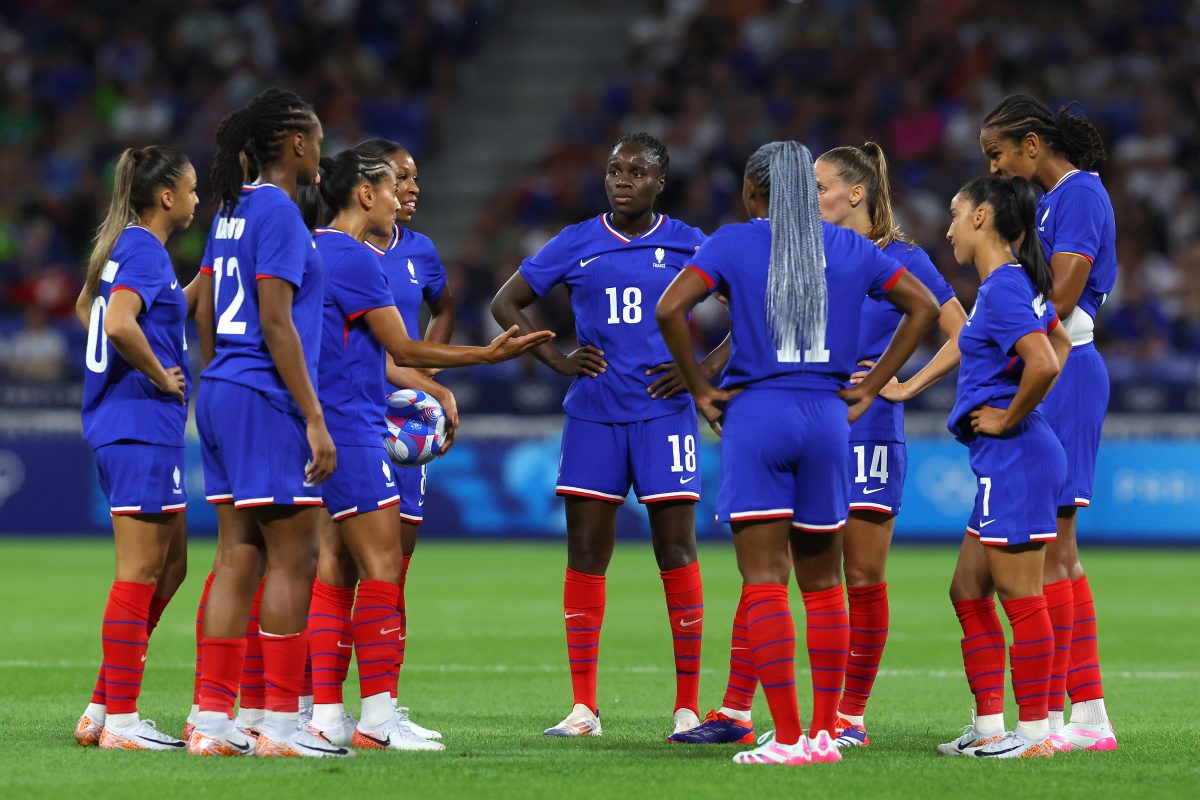World
Xi Jinping wraps up first visit to Europe in 5 years, but trade issue remains
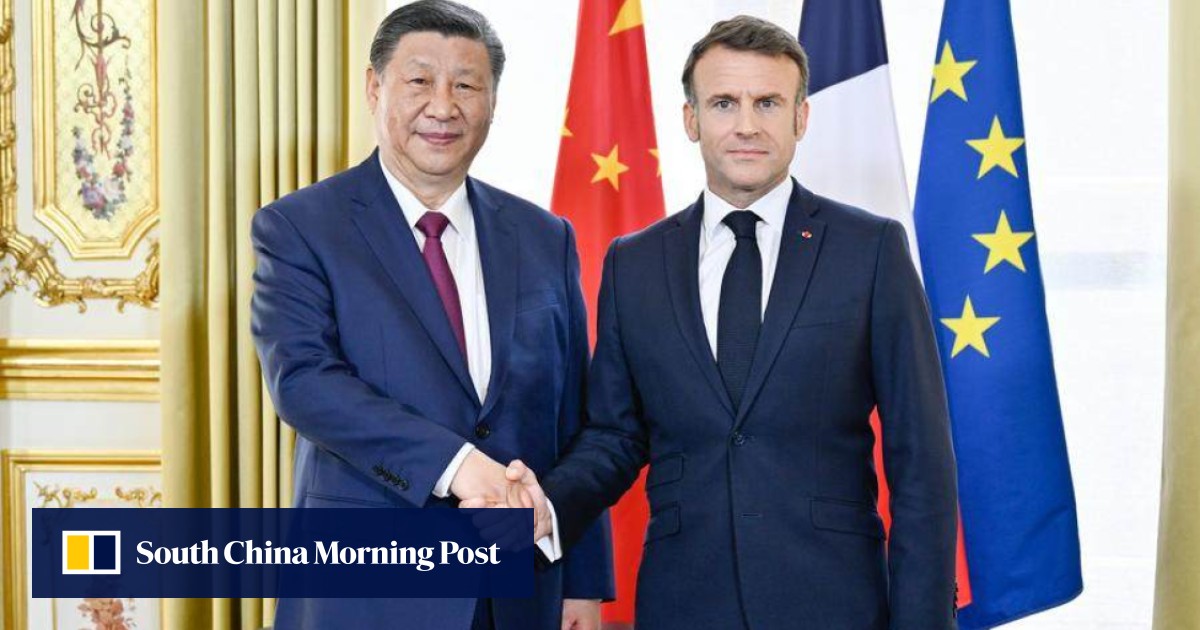
While there were no big ticket Airbus orders, the second leg showed that even as ties with western Europe worsen, China can find willing partners in major capitals, who are eager to pursue national interests while leaving the tough talking to Brussels.
Last week, German Chancellor Olaf Scholz voiced his distaste at the idea of EU duties on EVs made in China, while the French Finance Minister Bruno Le Maire said the country welcomed Chinese investment into the sector – an open secret that is thought by many to have guided Paris’ support for Brussels’ probe. Xi was seen off by Macron on a rainy runway in southern France having yielded few, if any major concessions, and navigated one of his toughest overseas visits since the pandemic largely unscathed.
But it is unlikely that either country will play the role China would like. Both Hungary and Serbia have moved farther from the European centre of gravity in recent years, and many neighbouring countries have withdrawn or toned down their membership of the Beijing-backed 14+1 grouping – formerly a bloc of 17. Some of Europe’s most hardline governments towards China, meanwhile, can be found in the Baltics and Central Europe.
Hungary, in particular, has become an outlier within both the EU and Nato. It has stalled multiple EU sanction packages against Russia and publicly dismissed the suggestion that Europe should examine its ties with Beijing, though it has not prevented such language from appearing in official European Council conclusions.
Last week, Brussels officials were cursing Viktor Orban’s government after Budapest blocked a joint EU statement criticising a controversial “foreign agent law” in Georgia, the former Soviet state. Serbia, for its part, has been warned that it would have to drop its free-trade agreement the moment it gains membership of the EU, an eventuality that looks more distant than ever.
Xi’s trip, then, succeeded in bringing China’s two major European allies closer to its orbit, but should not overstate the influence either capital has. He also showed that China can maintain cordial working relationships with some of Europe’s most powerful leaders.
But it was clear that the tough line on trade is here to stay. While some capitals may disagree with Brussels’ increasingly dramatic tactics, messages last week showed that the strategy has been broadly backed by the continent’s most powerful constituents.
60-Second Catch-up
Deep dives
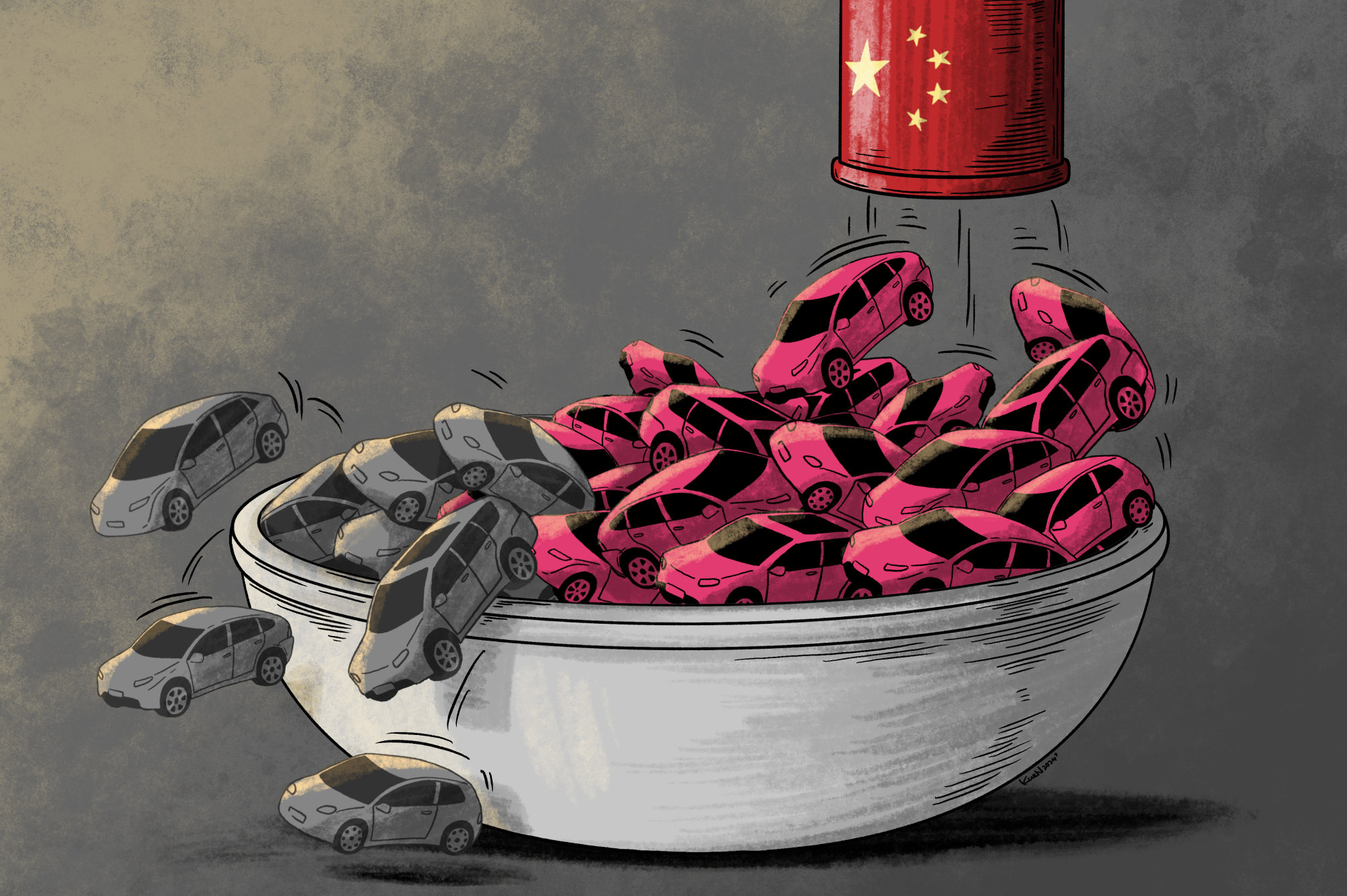
China’s EV overcapacity may set it on a political collision course with the US
-
Fresh US tariffs targeting China’s new-energy sector are imminent, threatening to thwart export efforts aimed at alleviating a market oversupply
-
Analysts break down what this means across green and new-energy industries, and why the overcapacity scenario is not like those in China’s past
Fresh sparks are flying as risks associated with an overcapacity overflow in China’s electric vehicle (EV) industry have turned up the heat between Beijing and the West, intensifying frictions and hearkening back to ghosts of trade past.
With demand unleashed amid Beijing’s policy blessings to rev up the green transition over the past several years, the EV and other green industries saw a steady build-up of capacity – widely viewed as the tip of China’s hi-tech-manufacturing iceberg.
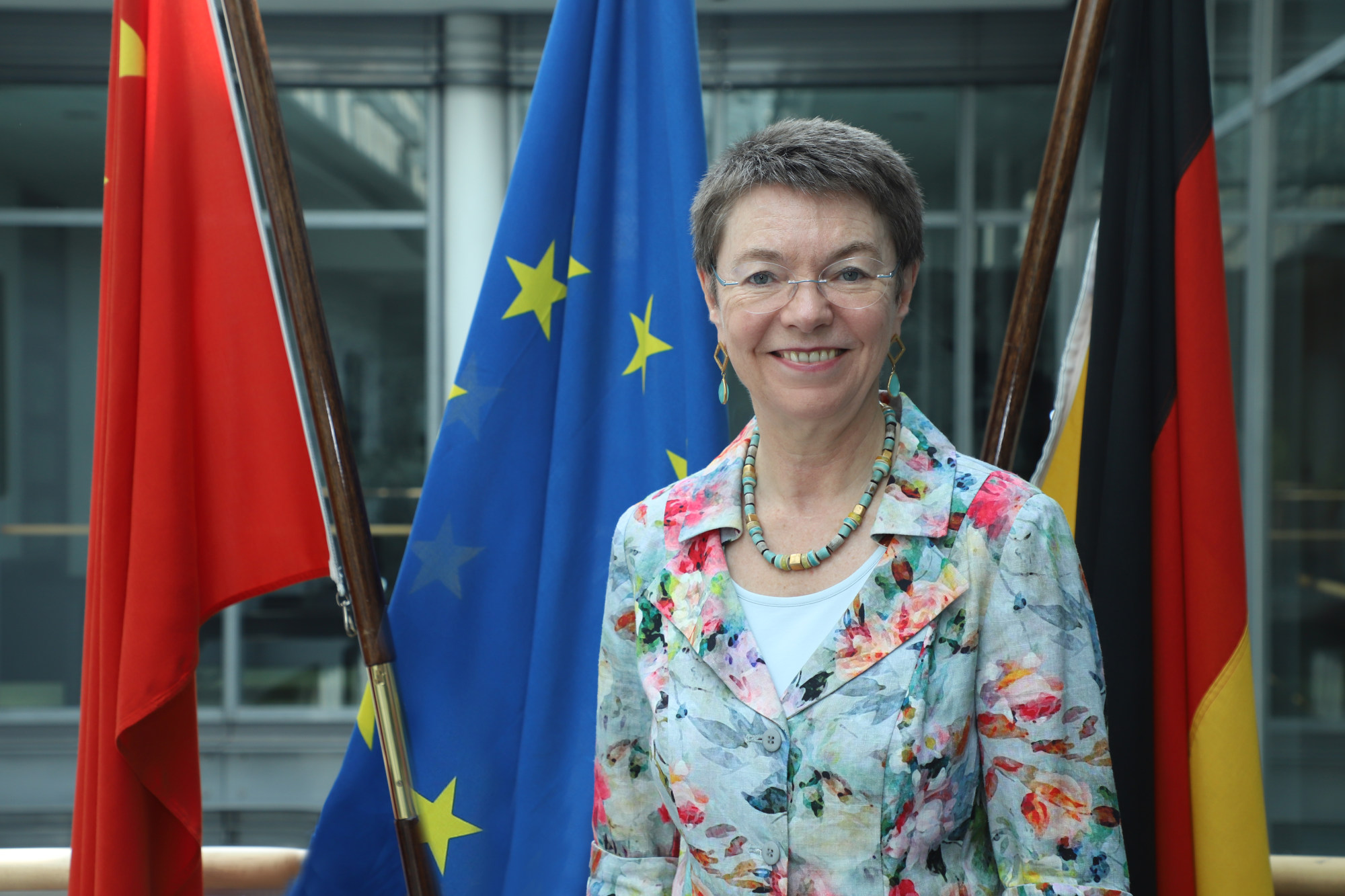
Competition, Ukraine, arrests: a conversation with German ambassador to China
-
Lack of a level playing field is underlying issue of overcapacity and healthy competition will lead to innovation, Berlin’s representative in Beijing says
-
In a wide-ranging interview, the ambassador shares her thoughts on relations between the two countries, from differences to common ground
Patricia Flor, German ambassador to China, talks to the Post in the wake of Chancellor Olaf Scholz’s pivotal visit to China in April. The conversation delves into the spectrum of shared understandings and points of contention between the two countries, including overcapacity, Ukraine, climate change and the sensitive topic of espionage arrests.

Xi banks on Hungary and Serbia in face of growing China-Europe tensions
-
Meeting with Serbian President Aleksandar Vučić expected to be heavy on symbolism as it coincides with 25th anniversary of Nato’s bombing of China’s embassy
-
Hungary offers another ‘safe’ destination as the most China-friendly voice within both the EU and Nato under Viktor Orban’s leadership
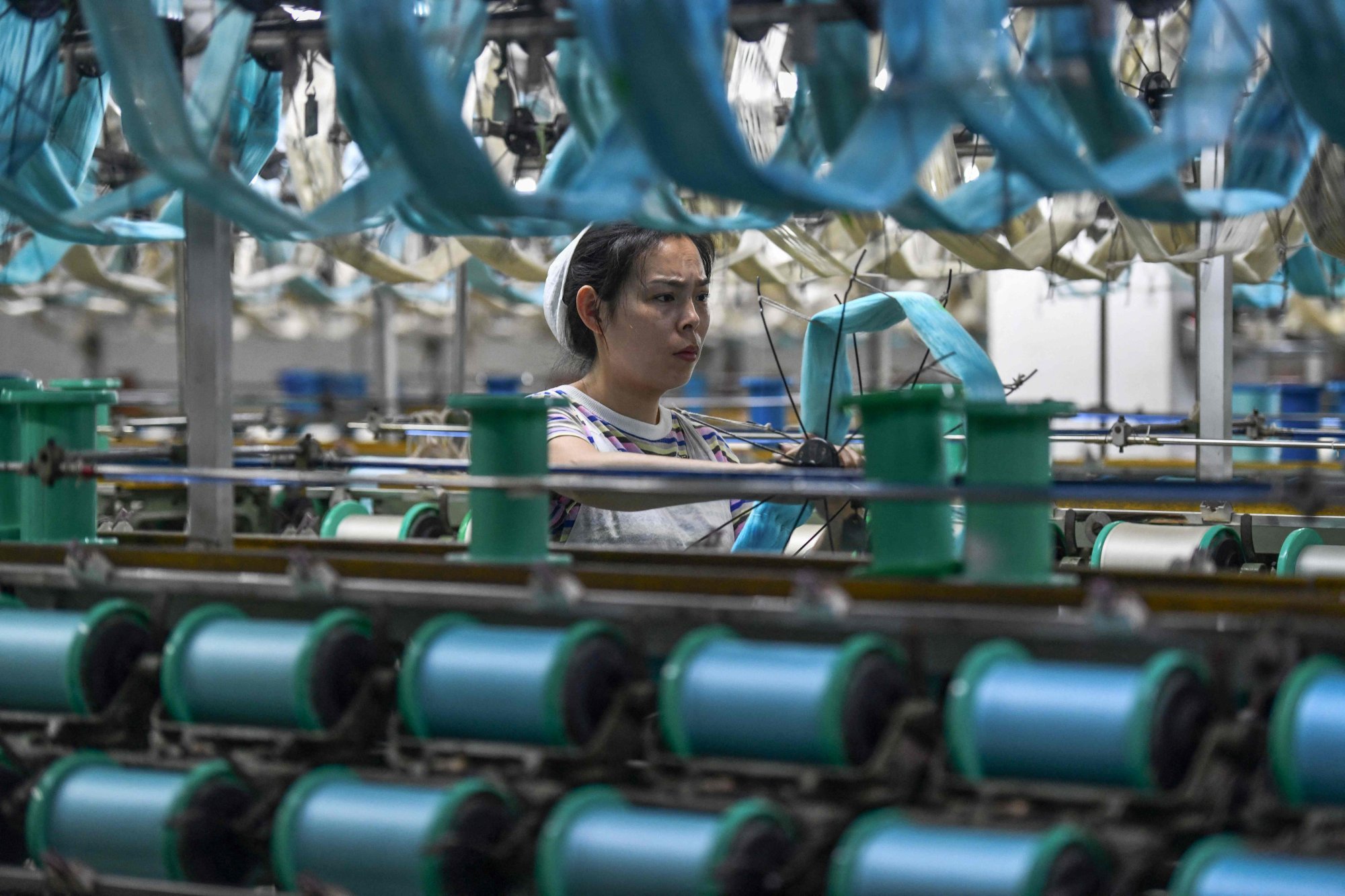
Ties fray as information gap widens between foreign firms in China, overseas HQs
-
More multinationals undergoing a ‘decoupling’ with their China-based operations, hindering investment plans, new EU Chamber of Commerce survey finds
-
Business analysts break down why a dearth of expatriates could be underscoring a recent plunge in foreign direct investment in China
In the 16 months since Beijing swung its doors back open and started rolling out the red carpet for global business leaders to perform on-the-ground assessments after three years of stringent coronavirus lockdowns, some lingering scars have failed to fade while fresh cuts have further blemished China’s attractiveness among multinationals.
A widening information gulf and more aggressive de-risking manoeuvres with historically strong trade partners have compounded a worrisome sense of hesitation among foreign firms and businesspeople to invest more on Chinese soil.

‘An all-time low’: EU Chamber of Commerce in China finds sentiment has tanked
-
Annual Business Confidence Survey of European firms operating in China paints a bleak economic outlook with never-before-seen levels of pessimism ‘setting a negative cycle in motion’
-
Findings suggest China is ‘no longer the obvious choice for all’, while regions such as Southeast Asia and India increasingly become more appealing
Pessimism on the investment outlook in China is weighing heavier on European companies amid economic uncertainties and geopolitical tensions, a leading foreign business association has warned as it renewed calls for Beijing to take concrete steps to restore business confidence.
European firms have become more hesitant to broaden their investments in China and continue to eye possibilities in other regions such as Southeast Asia and India, the European Union Chamber of Commerce in China said on Friday.
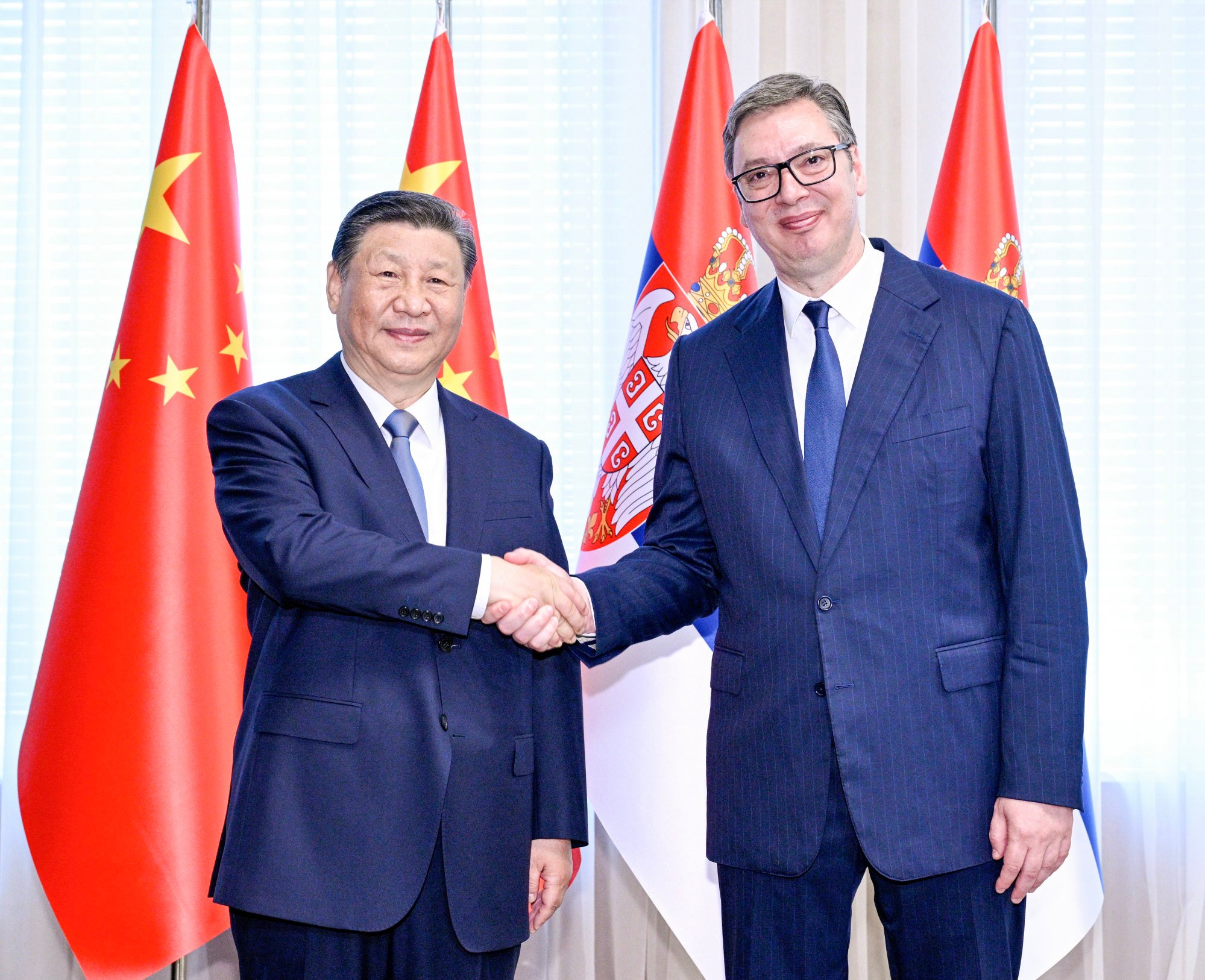
Chinese leader’s Serbia visit ‘timed to increase tensions’: US official
-
Xi’s arrival and remarks published in Serbia coincided with 25th anniversary of US air strike that killed three Chinese journalists
-
Timing remarks underscores Beijing’s close ties with Serbia since siding with the former Yugoslavia against Nato’s air campaign in the 1990s
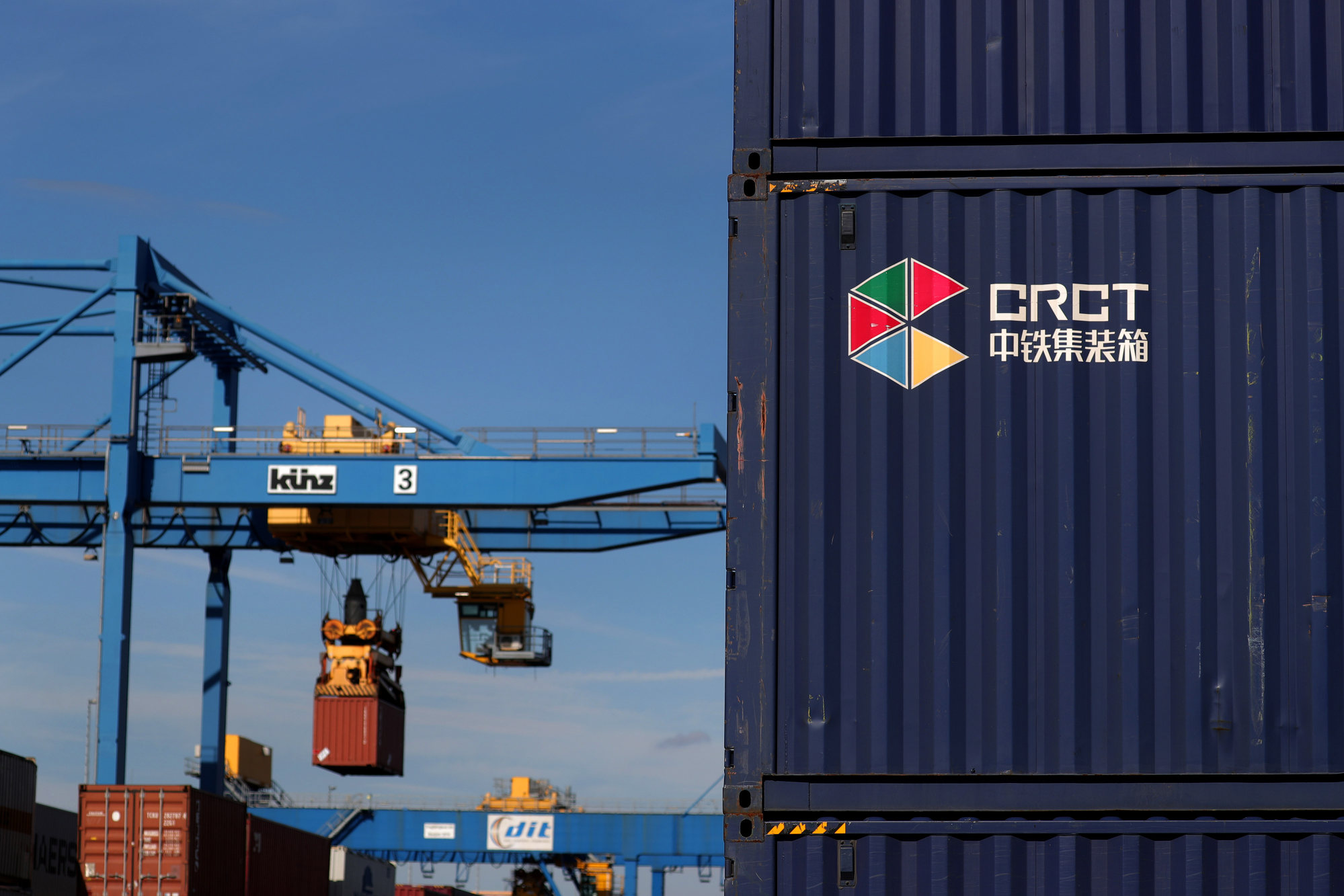
EU firms, wary of political heat, give China’s belt and road the cold shoulder
-
European firms are less likely to finance or participate in infrastructure projects with China, concerned over association with Belt and Road Initiative
-
Shifts in political winds, disagreements over methods have reduced interest in cooperation with Chinese partners, though some still see promise
Duisport, the German operator of Europe’s largest inland hub for water and land shipping, has invested US$30 million in a cross-border railway hub in Chongqing, an important logistics node for the initiative – China’s global strategy to enhance regional connectivity through infrastructure.
Global Impact is a weekly curated newsletter featuring a news topic originating in China with a significant macro impact for our newsreaders around the world.

